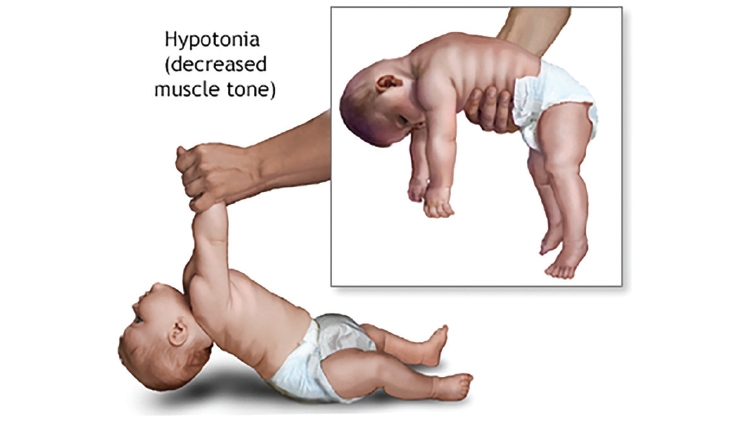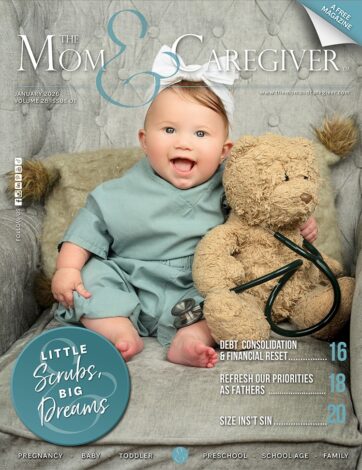What is Hypotonia?
If your child recently received the hypotonia diagnosis, you’re probably wondering, what does this mean and how will it change things? And that’s ok. All it means is your baby will need extra help and patience at times, but that doesn’t mean they can’t also achieve great things!
What is hypotonia?
Hypotonia refers to a decreased muscle tone, causing the muscles to be too relaxed and soft. Muscle tone is the level of tension a muscle holds at rest. Muscles are like rubber bands; with “normal” tone, they are taut elastics at rest. Hypotonic muscles are like loose rubber bands, overly-relaxed, and not always effective in their movements or purpose.
Low muscle tone does not mean your child is weak. Muscle weakness relates to muscle strength, which is the force exerted by the muscle against resistance (active muscle movements), while tone is the resting tension in a muscle at rest (passive). This means that no amount of strength training is going to “cure” an individual with hypotonia.
What can I expect to see?
Individuals with hypotonia all present differently because it depends on the amount of muscle tone they possess and the body parts affected. Hypotonia typically affects all the muscles in the body, however sometimes it may manifest in specific muscle groups or areas of the body. Some of the more common symptoms include impaired mobility, poor posture, breathing and feeding difficulties, delayed speech, poor reflexes, ligament and joint laxity, walking with a wide base, delayed gross motor skill development (crawling, jumping), and delayed fine motor skill development (grabbing toys, moving objects between hands).
What causes low tone, and can they outgrow it?
Typically, hypotonia is a symptom of another condition and not a sole diagnosis. There are over 600+ medical conditions that have been associated with hypotonia, but it can manifest idiopathically (benign congenital hypotonia). Either way, this is not a condition your child will simply outgrow because muscle tone doesn’t change with age. That’s why interventions, such as physical therapy for gait training and orthotic bracing to increase stability and provide a good base of support, is key at young ages.
If you suspect your child has low muscle tone or your child was recently diagnosed with hypotonia, then please contact our clinic to schedule a complimentary consultation.
The Custom Orthotics Team (519) 850-4721 | office@customorthoticsoflondon.com | @cool_bracing












